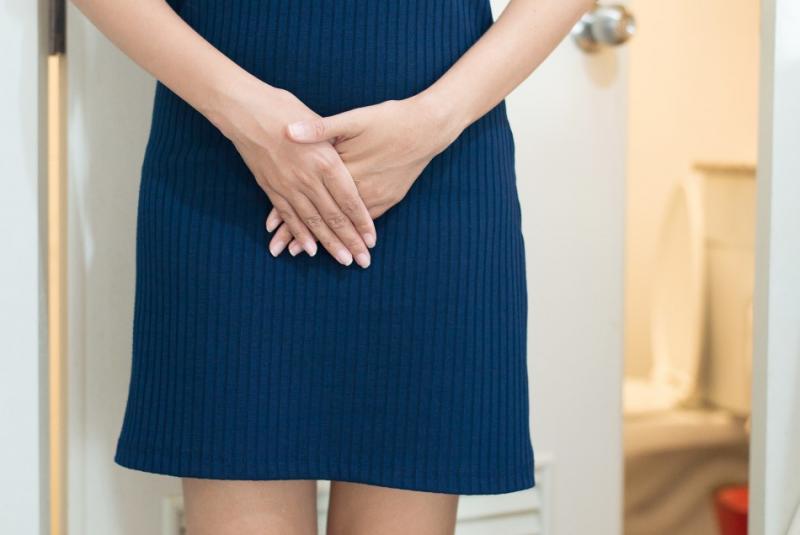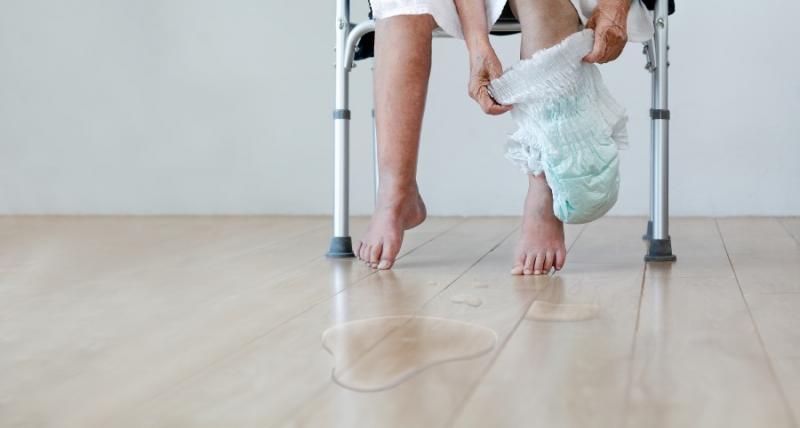5 Tips for Managing Incontinence

Incontinence pertains to the accidental or involuntary expulsion of urine, wind, or feces from your body. It’s a common problem for people in their older years, where they no longer have full control over their bladders or sphincter muscles. Nonetheless, some younger adults also have this issue.
Fortunately, there are several best incontinence products in the market today to help you alleviate the problem. You can find pads and adult diapers to ensure that such accidents won’t bother you as you work or go about your errands.
Moreover, you can make some lifestyle changes to manage incontinence. Some of the suggestions are described below:
- Stay Hydrated
It may seem counterproductive to drink lots of water when you’re trying to regain control of your body’s urinary and bowel system. However, drinking the appropriate amount of water can actually help you because it allows your bladder to function at optimal capacity.
If you drink enough water daily, you’ll be training your bladder to extend its capability. The full sensation would also help you strengthen your sphincter muscles. If you’re worried about accidents as you hydrate regularly, you can wear specialized incontinence products, like those from Comfort Plus. It will help in easing the worry in your mind as you go about your day.
- Cut Back on Diuretics
Your primary source of hydration should be water. It’s the best fluid because it has zero calories and sugar. There are beverages, though, that you should avoid if you have urinary or bowel concern because it can aggravate the problem.
Diuretics are chemicals that increase the amount of water and salt that your body expels through urine. While these can come in medication form, there are also natural substances that perform this task. You should avoid these if you want to manage your incontinence.
These are the drinks that you should cut back on as they might irritate your bladder:
- Coffee - Caffeine is a well-known natural diuretic. If you’re a coffee-lover, you might want to bid goodbye to your favorite brewed cup of Joe and find a decaffeinated alternative that won’t worsen your incontinence.
- Alcohol - Alcohol is also a notorious diuretic, which can boost the production and expulsion of urine. Aside from that, it irritates the bladder as well, so it’s best to stay away from alcoholic beverages if you experience incontinence.
- Acidic Drinks - Grapefruits, oranges, lemons, and tomatoes intensify the sense of urgency when you need to urinate or defecate. It can also contribute to the frequency of having to pee or poop.
- Carbonated Products - Soda and even seltzer water can irritate sensitive bladders, so it’s best to shun them off completely. So, you must stick to water in its natural form for your hydration.
- Chocolate - Chocolate drinks are also a no-no for people with incontinence because of its caffeine level, which has been established as a naturally occurring diuretic.
- Tea - Tea has some level of caffeine, too, which can trigger the sensation of urinating. You may be able to lessen the irritation through a decaf version of your favorite flavor.

- Avoid Heavy Lifting
A lot of people don’t know the correct muscles to tighten when lifting heavy objects. With this, they put a strain on their backs as well as their pelvic floor muscles. For instance, you should squeeze this muscle group before you pick up your kids or bulky shopping bags as well as for the entire duration of the lift.
Heavy lifting is also discouraged for older people as they run the risk of tripping and falling over. As much as possible, avoid lifting heavy things or, if you must, share the load with a family member or friend.
- Do the Right Exercises
You might have noticed that high-impact exercises, such as running and aerobics, trigger your incontinence. This is because your bladder gets jostled inside your body as you perform the routine.
Stick to strengthening regimens like Pilates. Kegel exercise targets your pelvic floor muscles, which is why it’s the best workout for people with this type of urinary or bowel problems.
- Go for Regular Check-Ups
Visiting your gynecologist or urologist can help you stay on track in managing your incontinence. They can personalize a diet plan for you and provide advice on the things that you can do to minimize the problem.
Conclusion
Incontinence might seem like an insignificant problem, but it can cause discomfort and loss of confidence. You can manage this urinary or bowel problem by drinking enough water, cutting back on diuretics, avoiding heavy lifting, doing the right exercises, and visiting your doctor regularly.
More to Read:
Previous Posts:
Next Posts:




